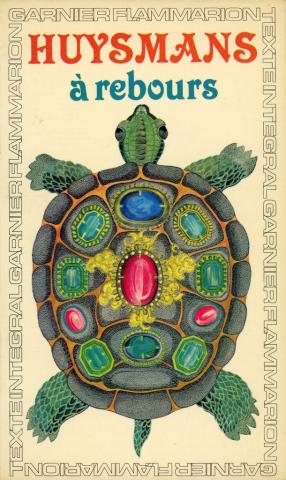Art/Work and the Question of Autonomy
This seminar aims to get a handle on the often suspect concept of autonomy, partly by examining the relationship between art and work. To begin, what constitutes aesthetic autonomy? Is it a quality of objects or of producers; a situation or a mode of reception? It is a claim for the artwork’s transcendence of its historical conditions, or does it consist precisely in the conditions that enable art for its own sake? Does it describe form’s immanent purposiveness without purpose (Kant) or the social function art finds in its very functionlessness (Adorno)? Culture’s independence from the state or from capital? The artwork’s difference from the commodity? The legitimacy invested in cultural producers and institutions that consecrate the aesthetic (Bourdieu)? Art’s status as free rather than necessary activity, or as a kind of work that is not wage labor (whether because it is unalienated or because it is largely uncompensated)? Is autonomy merely a construct of aesthetic ideology, or might we find plausible meanings and present uses for the concept? What accounts of literary production allow us to compare writing with other forms of work, and what ideas about mental labor mark its distinctiveness? How should we approach the division of manual and intellectual labor so essential to nineteenth-century critiques of industrial capitalist society, and what contemporary pressures shape our thinking about labor division and class in the past and present? To answer these questions we will discuss a range of works in aesthetic theory, art history, cultural sociology, and fiction from the Romantic era to the present. Readings may include work by Kant, Schiller, John Ruskin, Oscar Wilde, Theodor Adorno, Pierre Bourdieu, Simon Gikandi, Winnie Wong, Nicholas Brown, Leigh Clare La Berge, Sarah Brouillette, Sianne Ngai, Peter Kalliney, and more. This course is not suited to advanced undergraduates. Submatriculated M.A. students may enroll without special permission.

 Department of English
Department of English
